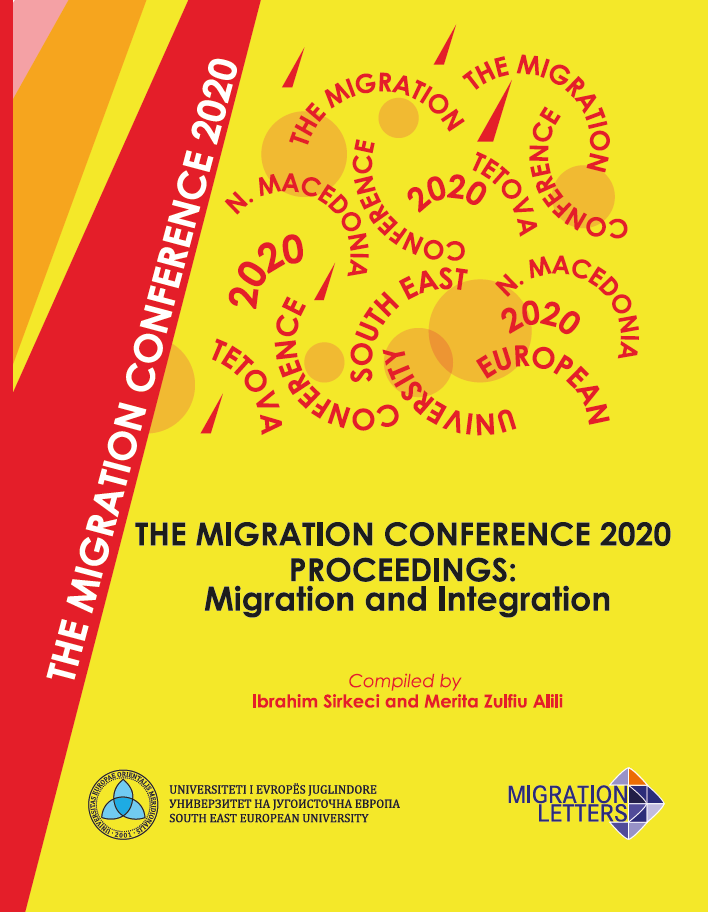Ethiopian-Israeli Women In Academia: A Gender Equality Plan Within The Framework Of Change Project
Ethiopian-Israeli Women In Academia: A Gender Equality Plan Within The Framework Of Change Project
Author(s): Hana Himi
Contributor(s): Adi Binhas (Editor)
Subject(s): Social Sciences, Language and Literature Studies, Psychology, Essay|Book Review |Scientific Life, General Reference Works, Geography, Regional studies, Sociology
Published by: Transnational Press London
Keywords: Ethiopian-Israeli Women In Academia; A Gender Equality; Plan Within The Framework Of Change Project
Summary/Abstract: This study focuses on the coping and experiences of Ethiopian-Israeli women during their studies for advanced degrees, and describes the elements of success and the unique barriers that they face. The literature review presents the intersecting identity approach, which was formed by American scholars and was adapted to the Israeli case. We emphasize the challenges of the gender-race combination, assuming that these two identity factors cannot be disconnected here and that their combination creates unique challenges. Various emotional, cognitive, mental, social, economic and cultural aspects of the Ethiopian immigration to Israel and their significance, separately and combined, are considered as the background of the women’s intersecting identity. The research method was qualitative, and included ten semi-open interviews with women who had PhDs or were in various stages of acquiring advanced degrees. Our findings indicate that barriers that are unique to women who cope with an intersecting identity can be identified and defined. The barriers are varied – from lack of information about the requirements of the Israeli academic system, to coping with emotional and conflictual overload due to their desire to study and their inability to support their family of origin whether financially or emotionally, to an absence of instrumental resources to fund their studies. Coping with their intersecting identity vis-à-vis the academic system was characterized by mental resilience thanks to their personality characteristics, self-confidence, curiosity, and aspiration to develop and succeed together with their considerable ability to adapt to the various demands presented to them and to excel in their achievements. The conclusions of the study focus on the changes that happened in their life: the awareness to promote the representation of Ethiopian-Israeli women in academia, and to create a supportive environment on the personal and academic level. These women can serve as role-models and Mentors for other women in the Ethiopian-Israeli community and for women from other minority groups, and facilitate a pluralistic, multicultural academic system. Additionally, the structural and social barriers should be removed through promoting awareness and policies of equality and fair distribution of public resources.
Book: The Migration Conference 2020 Proceedings: Migration and Integration
- Page Range: 139-142
- Page Count: 4
- Publication Year: 2020
- Language: English
- Content File-PDF

